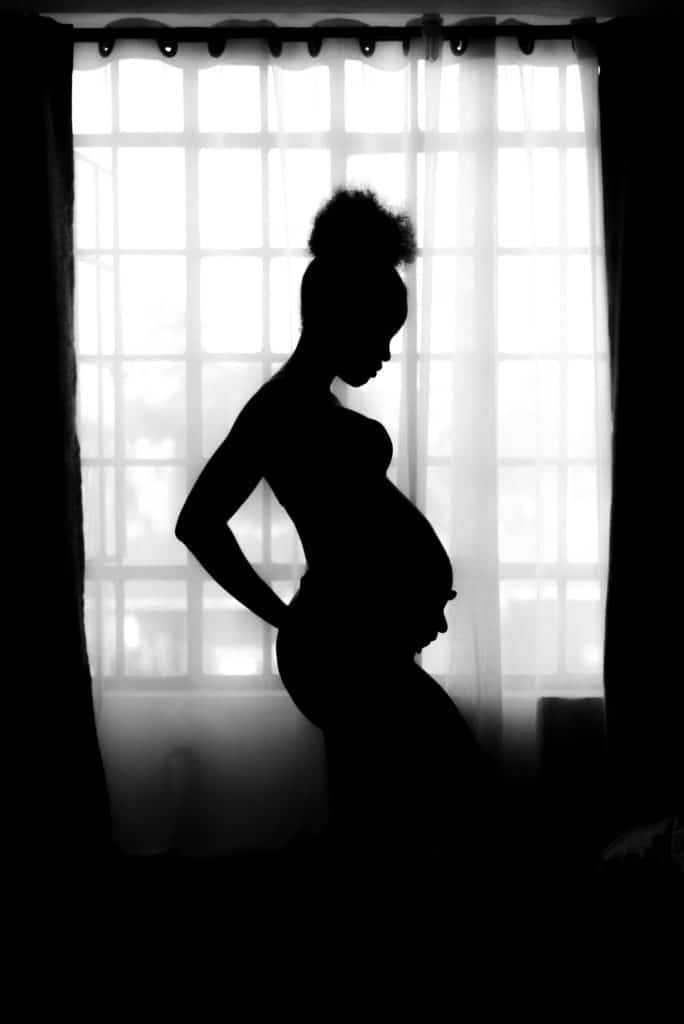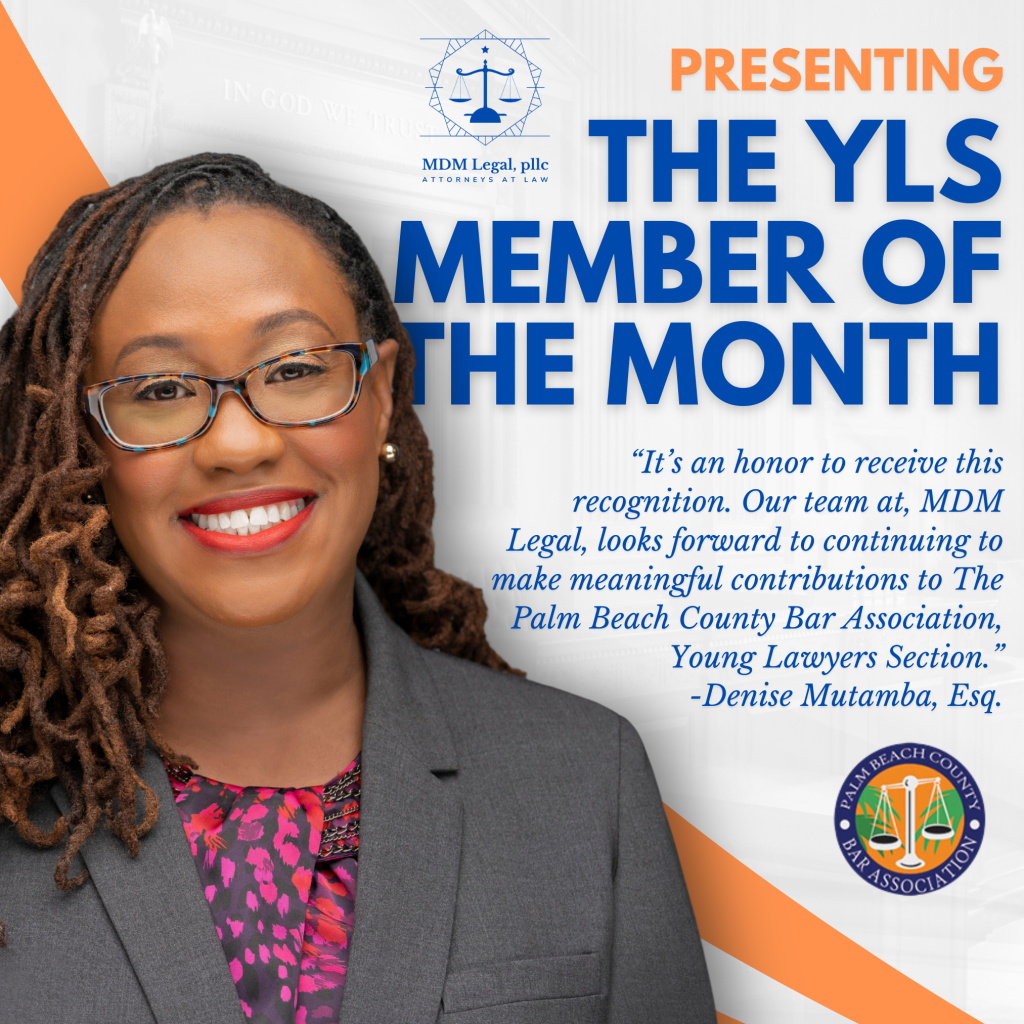On June 27, 2023, the newly passed Pregnant Workers Fairness Act (PWFA) will go into effect. The PWFA was signed into law by President Biden on December 29, 2022 along with the Providing Urgent Maternal Protections for Nursing Mothers (PUMP) Act. PWFA requires employers to provide a reasonable accommodation to workers for known limitations related to pregnancy, childbirth, or related medical conditions. However, the EEOC has not yet indicated when it will do so. Here is a summary of some of the key aspects of the PWFA in anticipation of the new law’s effective date.
What Current Protections are Offered to Expecting or New Mothers?
As some of you may be aware, pregnancy discrimination is already prohibited by the Pregnancy Discrimination Act of 1978 (PDA), which requires covered employers to treat employees affected by pregnancy, childbirth, or related medical conditions the same as other similar situated employees. In addition, the Americans with Disabilities Act of 1990 (ADA) requires employers to provide reasonable accommodations to expecting or new mothers who have a disability related to pregnancy.
What Protections Does the PWFA Provide?
 Under the PWFA, employers will be required, unless they are able to show undue hardship, to provide reasonable accommodation for “the known limitations related to pregnancy, childbirth and related medical conditions of a qualified employee.” Similarly to the ADA, PWFA requires employers to engage in the interactive process and to offer paid or unpaid leave to covered employees. In addition, PWFA prohibits employers from denying requests for reasonable accommodations and retaliating against covered employees who engage in protected activity, such as requesting a reasonable accommodation under PWFA. Such reasonable accommodations include, but are not limited to, the ability to sit, to drink water, to access closer parking, to work flexible hours, to be provided or to allow covered employees to wear “appropriately sized uniforms and safety apparel,” to allow additional break time for bathroom use, eating, or resting, to use leave to recover from childbirth, and to be excused from “strenuous activities and/or activities that involve exposure to compounds not safe for pregnancy.
Under the PWFA, employers will be required, unless they are able to show undue hardship, to provide reasonable accommodation for “the known limitations related to pregnancy, childbirth and related medical conditions of a qualified employee.” Similarly to the ADA, PWFA requires employers to engage in the interactive process and to offer paid or unpaid leave to covered employees. In addition, PWFA prohibits employers from denying requests for reasonable accommodations and retaliating against covered employees who engage in protected activity, such as requesting a reasonable accommodation under PWFA. Such reasonable accommodations include, but are not limited to, the ability to sit, to drink water, to access closer parking, to work flexible hours, to be provided or to allow covered employees to wear “appropriately sized uniforms and safety apparel,” to allow additional break time for bathroom use, eating, or resting, to use leave to recover from childbirth, and to be excused from “strenuous activities and/or activities that involve exposure to compounds not safe for pregnancy.
What Actions Should Employers Take?
Staying up to date on the changes laws and communicating those updates to managers, supervisors, and employees is crucial.  Covered employers should consider reviewing and updating accommodation policies and procedures to become compliant with the PWFA and applicable state laws, training mangers, supervisors, employees, and the human resources department on understanding the requirements of the PWFA and recognizing potential requests for accommodations under the PWFA, and discussing with key organization stakeholders what accommodations employers could potentially provide to employees who are expecting or new mothers with known issues.
Covered employers should consider reviewing and updating accommodation policies and procedures to become compliant with the PWFA and applicable state laws, training mangers, supervisors, employees, and the human resources department on understanding the requirements of the PWFA and recognizing potential requests for accommodations under the PWFA, and discussing with key organization stakeholders what accommodations employers could potentially provide to employees who are expecting or new mothers with known issues.
The Equal Employment Opportunity Commission (EEOC) has issued guidance related to the Pregnant Workers Fairness Act which can be found here.
Which Employers Are Required to Comply with the Pregnant Workers Fairness Act?
The PWFA applies to all employers with 15 or more employees, unless the accommodation would cause the employer an undue hardship. Employers must update all Fair Labor Standards Act (FLSA) and Family Medical Leave Act (FMLA) posters. Updated posters can be found on the Department of Labor website.
How Can MDM Legal, pllc Help?
MDM Legal, pllc is experienced on reviewing and updating employee manuals, policies, and procedures. In addition, we are very skilled in training employees at all levels on employer policies. Give us a call at (561) 518-9312 or email us at info@mdmattorneys.com to learn how we an tailor our services to fit your business needs.








